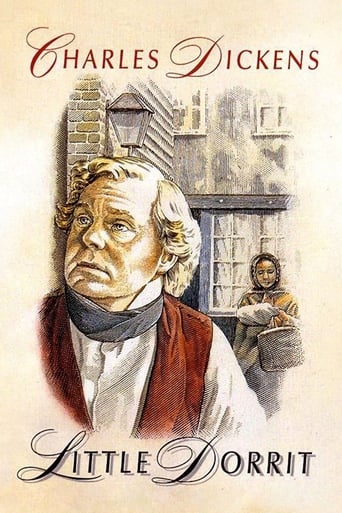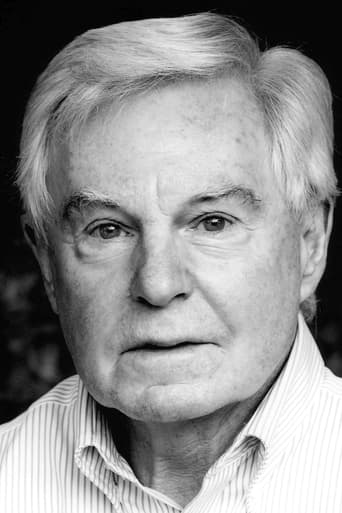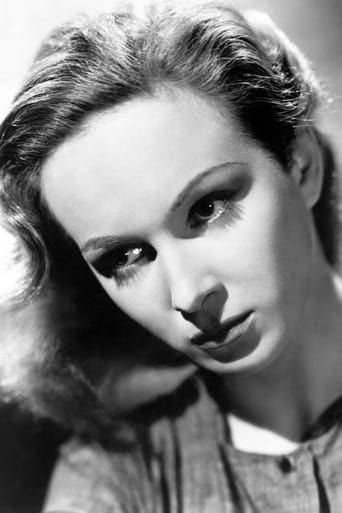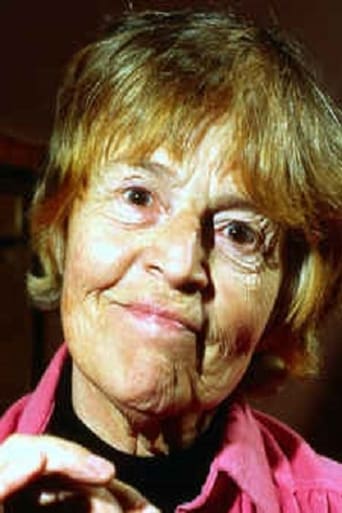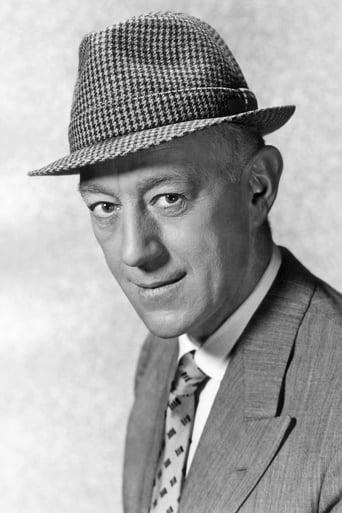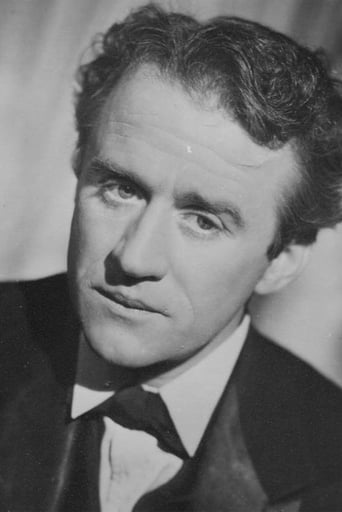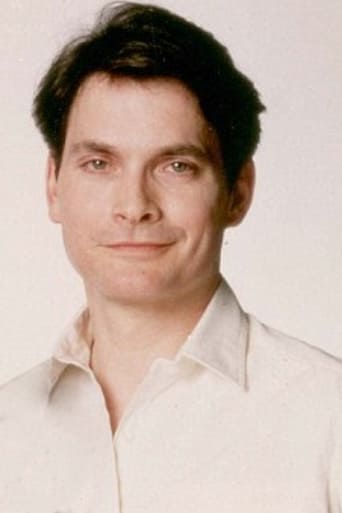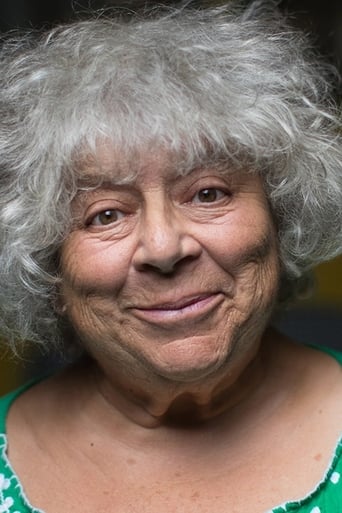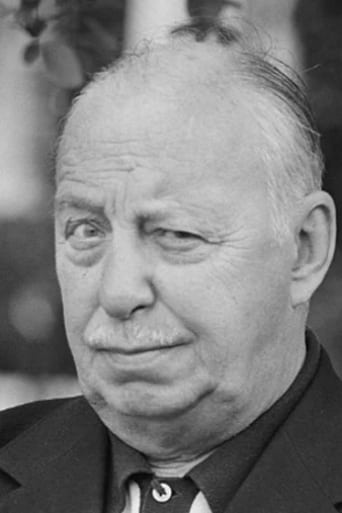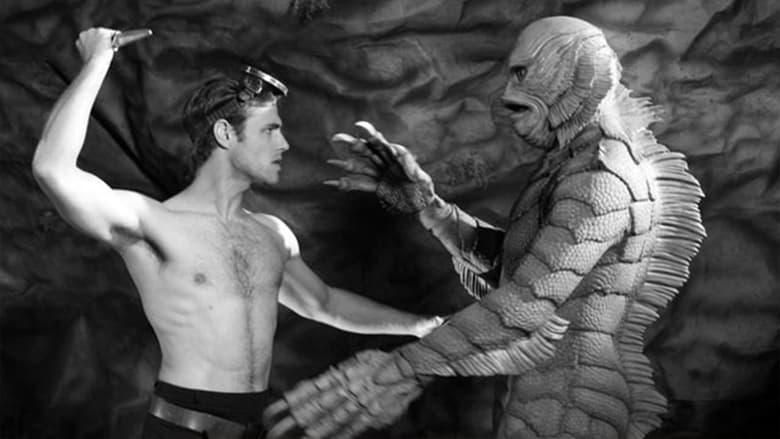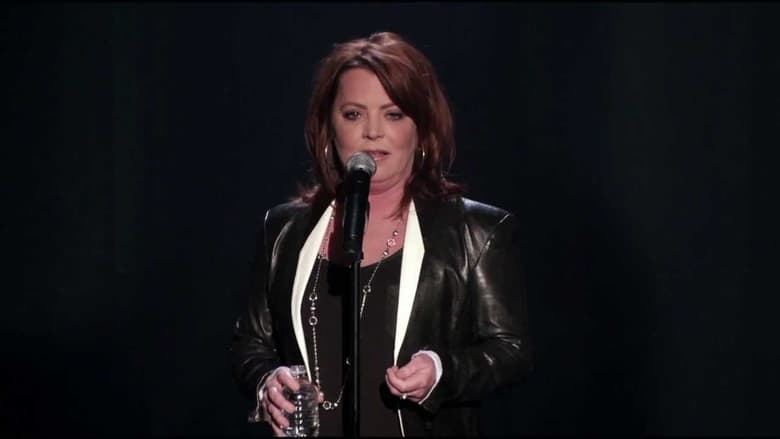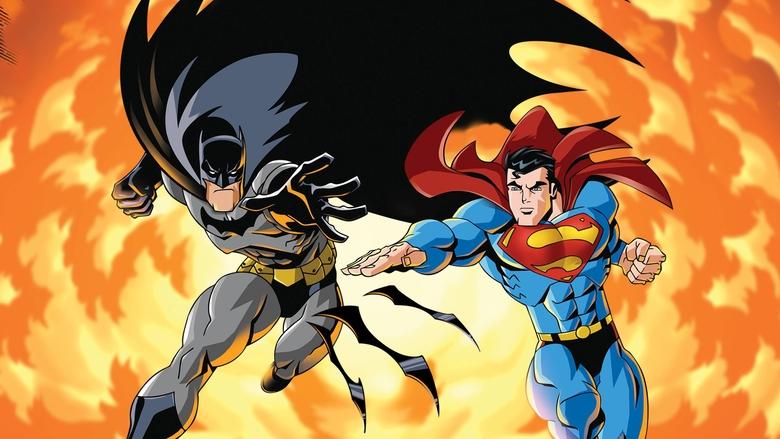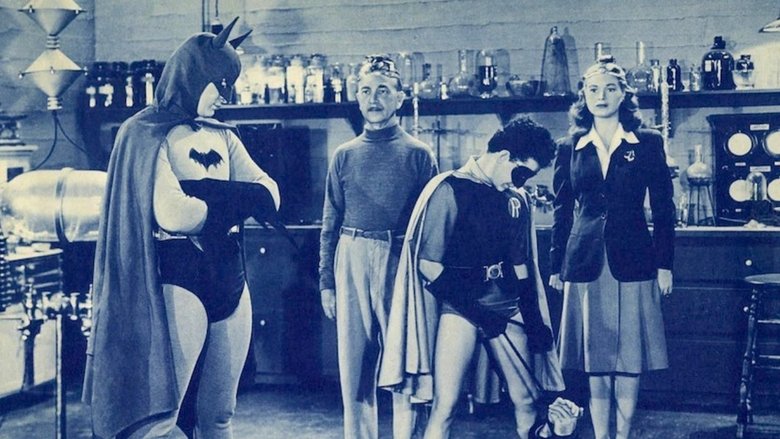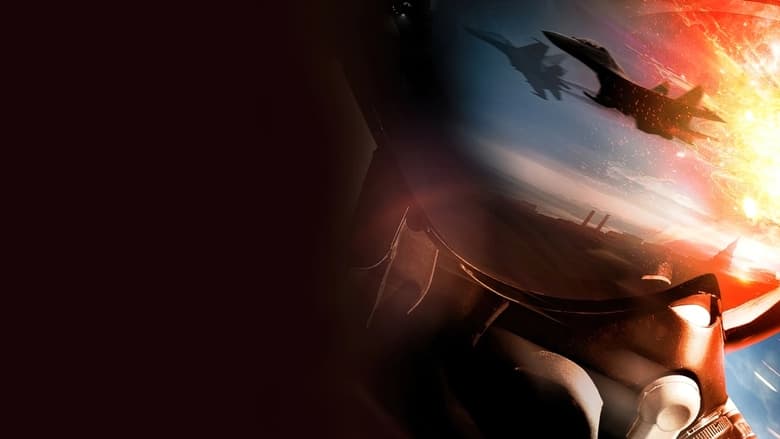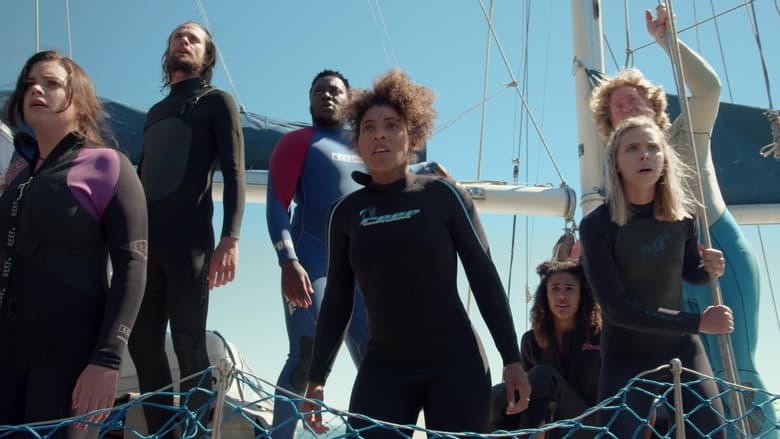A drama based on the novel by Charles Dickens which tells the story of Arthur Clennam who is thrown into a debtor's prison. There he meets a young seamstress whose father has been imprisoned for twenty-five years. A film in originally released in two parts.


Similar titles
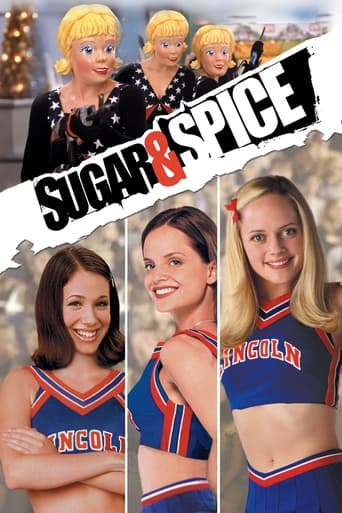
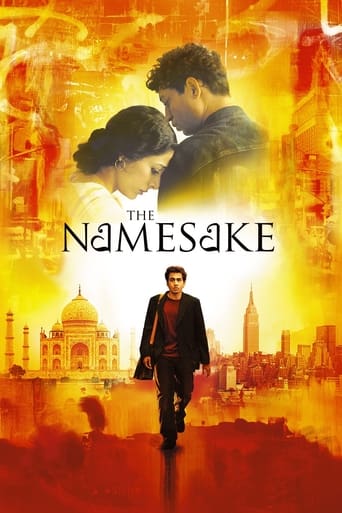

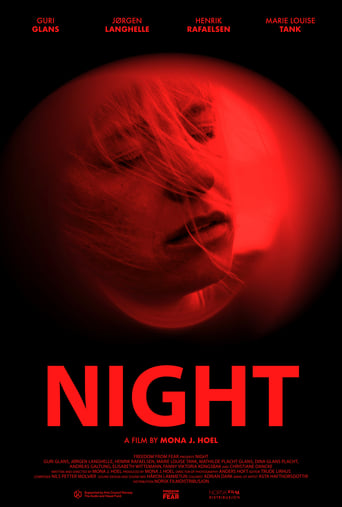
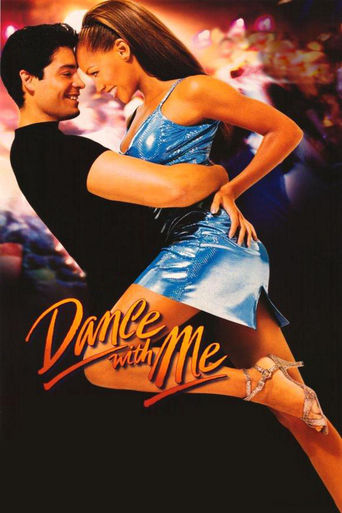
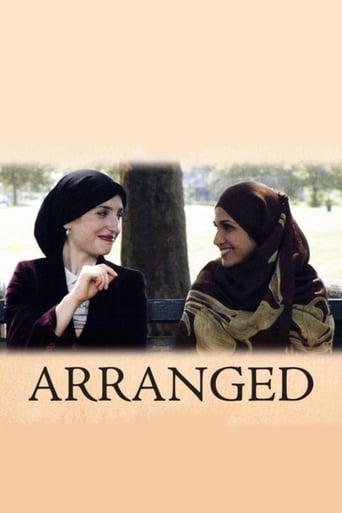
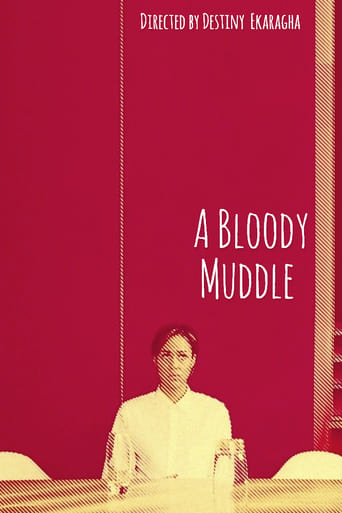
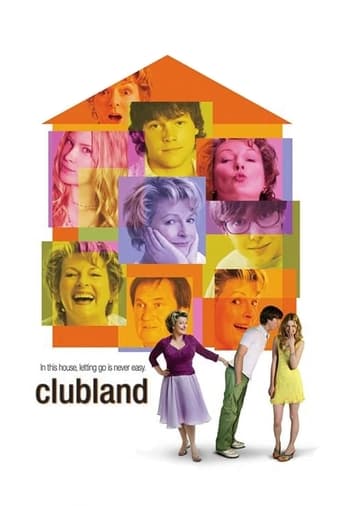
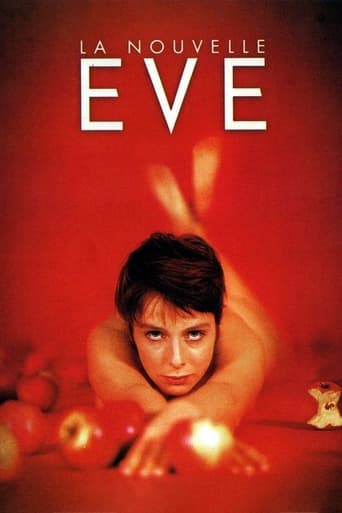
Reviews
I discovered a video version of the 1988 film after my second viewing of the 2008 TV drama and found it to be bitterly disappointing in comparison. But then I realized that 20 years had elapsed and it would have been surprising if the TV version were not better. After all they had one of the best adapters of Dickens ever in Andrew Davies and now have digital technology to assist in the production. All I remember in 1988 is that I thought the film was wonderful; I now think that the TV drama was sublime! To be self indulgent I would compare the performances of the actors in the main characters as follows: Amy Dorrit - about equal; William Dorrit about equal, but Alec Guiness is sooo good; Fanny Dorrit - TV; Mrs Murdle - film; Alfred Dorrit - film; Flora Finching - TV (but only because Miriam M is made to over-act); Arthur Clennam - equal; Mrs Clennam - TV; Flintwinch - TV (again, because Max Wall is allowed to overdo it). But then - what do I know! The music deserves a mention, with the TV drama being vastly superior.
In addition to describing the progression of my regard for this film as I watched it, these are the names of the last three chapters of the book, a book which, as usual (with Dickens adaptations), the writers of this film had not read - or at least had not read recently enough.Most of the performances were fine. Alec Guinness was spot on, and the little woman playing Amy was perfect. At first I hated the Fanny performance - and then I remembered that I hated Fanny, so she was also perfect. Arthur could have been played with a little more enthusiasm, and without all the whispering. The actor playing Tip likely never went far. But all in all, the acting was acceptable.Where this film failed, and failed completely, was in the telling of the story: in the writing, directing and editing. First, of course, was the ludicrous vertical splitting of the film into two character-centric/perspective parts to be presented sequentially. This was a horrible idea on every conceivable level, but most importantly, it resulted in the disconnection of important elements of Arthur's story and Amy's story, that must play upon one another in order to build the drama and advance the story. These connections being brutally severed, the story and all of its intensity were lost.If that were not enough, there was so much more ill-advised meddling on the part of the writer and director, that it alone would have ruined the film - at least for readers. Anyone who has read even the cheat notes for Little Dorrit must have wondered and been dismayed at the absence of numerous important characters. Most notably, they must have asked, 'where is Rigaud?' This story can't be told without Rigaud! It is through this colorful and evil character, "with his nose coming down over his mustache, and his mustache going up under his nose," who is blackmailing Mrs Clennam, with the help of Flintwich, that Mrs. Clennam's secret is revealed, and his involvement is essential to the building suspense surrounding this secret - of which suspense, as a consequence of Rigaud's absence, there was not a trace in this film. And since there is no Rigaud it follows, perhaps, that there would be no Cavalleto, another uniquely Dickensian character who was sorely missed. Rigaud is also an important evil element among the Dorrits abroad, where he teams up with the dissipated Henry Gowan - who is also, sadly, never seen again in this film after he marries Pet.So little is made of the Meagles family, a major omission in itself, that I suppose it is no surprise that there is no Tattycoram, and since there is no Tatty, there is no Mrs. Wade: more great losses for the audience, since their highly charged and emotional subplot helps to define and humanize the characters of the Meagles family and of Arthur. Mrs. Wade of course also plays an important part in the Rigaud - Flintwich - Mrs. Clennam story.The Murdles are so overlooked in this telling, that one may wonder, when Mr Murdle shows up at Fanny and Sparkler's apartment to ask for a pen knife (with which he later commits suicide), who he is and where he came from at that point. Among other hard-felt losses stemming from this neglect, is the missed opportunity to engage in some of the fun that best exemplifies Dickens' sense of humour and satire. The parties at the Murdles, with all of the sycophants that are named only by their professions (Bar, Physician, Clergy etc.), and the head butler that terrorizes the great Mr. Murdle. All gone!Since there was no developing Rigaud blackmail subplot, readers knew well in advance that the end of the film would have to be substantially re-organized, and that it would be awful; and it was. Dickens version of the story behind Mrs. Clennam's secret is, of course, quite complex, but certainly worth accurately telling, since it is the motivation for the entire plot! But no! Now we are expected to accept the story that there is money in the house that Frederick had sent for Amy, and that Mrs. Clennam had held back? How absurd! Frederick has been in contact with Amy her whole life; so if he had money for Amy, he would have just given it to her. Of course the real story was this: Old Mrs. Clennam's father had forced her and Arthur's father into marriage, when Arthur's father was actually in love with another woman (Arthur's real mother, who lived with and was provided for by Frederick), an affair that when discovered by Mrs. Clennam, sent her into an old testament rage, in which she took the baby (Arthur)to raise and drove his real mother into an insane asylum and eventually into her grave. When Mrs. Clennam's father died, he felt remorse for what he had done, and left part of his estate to Arthurs real mother, or, if she was not living, to the youngest female kin (Amy!) of the real mother's caretaker (Frederick!). Yes, complicated, but not if it's told right.As much as this film was brutalized and its audience cheated by the cruel omissions and alterations in this story, which I have only highlighted here; it must also be noted that by dint of scandalously flawed directing and editing, what remained of the story managed to drag on miserably, with inordinately long pauses between lines, painfully slow pans to make small points,and long, lingering scenes in which nothing actually occurs.My recommendation: do not waste six hours watching this. In that much time you could be well into reading the actual book, which is terrific. Get the Penguin Classics version - it has all the original illustrations, wonderful, informative extras including very well done end notes. Will no one ever properly adapt a Dickens novel to film?
Having just seen the 2008 BBC version of "Little Dorrit," I was delighted that Turner Classic Movies was showing this 1988 version. But what a disappointment it proved to be.Comparatively, the '88 version is much...MUCH...duller.Instead of a roller-coaster ride of interesting characters, the '88 version is slow and plodding. The individual scenes never come to life.Sarah Pickering as Little Dorrit never engages one's interest. And while Derek Jacobi's Arthur Clennam may be closer to the book's description than Matthew Macfadyen from the BBC version, he and Sarah Pickering have no romantic chemistry.All in all, not an entertaining presentation.
Have you ever wondered what they meant when they said "Debtor's Prison?" This line as pretty common place in British Films, however none more so than in The Movie "SCROOGE", with the excellent Alistair Sims. This is where the person who had taken a loan and wouldn't be able to repay it was afraid of going to "Debtor's Prison", saying " I can't take me wife to Debtor's Prison?" Scrooge then turned on him and told him it had nothing to do with his wife or with himself or that matter. And wished a god Day. Remember? Well since that time I have always wondered about "Debtor's Prison" and just what does this place do and so on. This then is what Little Dorrit is based upon, life in Debtor's Prison. Alec Guinness was absolutely Brilliant as Mr. William Dorrit, whom after having fallen on hard times, tried to maintain an air of Aristocracy, Class and Distinction even if he was in Debtor's Prison. We Watch Little Dorrit come into the world in this place and discover hat there are others who are just as bad off, yet all maintain themselves as best as they can. We see Little Dorrit grow into a fine young lady and we see what it must have been like, living in the Victorian age, of Pomposity, and Airs of Superiority and Aristocracy. "One must Maintain appearances", would say William Dorrit and so it went. This is a rather slow paced film, which only serves to add to the impression of the time. To me, this film is the ultimate look into what it must have been like to live in wretched poverty, in Debtor's prison all the while maintaining one's position in life and one's sense of integrity. Mr. Guinness was Unbelievable as William Dorrit. You knew what he was trying to do, but you also knew " As did he" how futile it all was. But as it goes along, you find your self, drawn into the movie, it doesn't speed up for you,rather it calms you and bring's you unto itself. The true mark of excellence in a truly good movie. I would highly recommend this movie, most especially as a Family viewing affair. Get out the popcorn, get all the drinks ready and anything else that you could want and when your ready, step into the magnificent world of 18th century England and live a little in a place called Debtor's prison, for about 1 and 1/2 Hrs. The cast are absolutely excellent in their individual roles. I could name them all and tell you why, but it's much better if you see them for yourself. This Film is a real Gem and a very rare treat. Happy Viewing. Warmest Regards Aaron
